
Discover 6 essential steps for psychiatrists to enhance the effectiveness of CBT and DBT in treating young patients.

Discover 6 essential steps for psychiatrists to enhance the effectiveness of CBT and DBT in treating young patients.

Positive phase 2 results show that treatment with alixorexton led to statistically significant and dose-dependent improvements in sleep latency among patients with narcolepsy type 1.

BioXcel Therapeutics has submitted an pre-sNDA meeting package for Igalmi's outpatient use, aiming to enhance treatment options for agitation in bipolar disorders and schizophrenia.
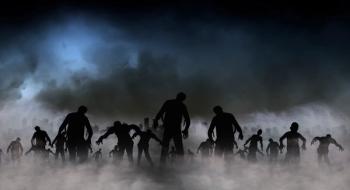
Are Americans acting like zombies? How many of us are walking around in a traumatized daze, needing a creative political response?

Women with schizophrenia face increased breast cancer risks linked to long-term prolactin-raising antipsychotic use, highlighting the need for regular screenings and tailored treatment strategies.

The FDA advisory committee votes against brexpiprazole plus sertraline for PTSD, citing insufficient efficacy despite some positive trial results.
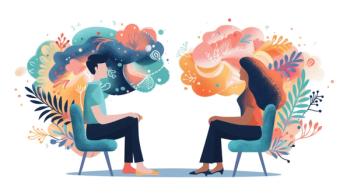
The strong emphasis on neuroscience in the 1990s and early 2000s is now giving way to a new psychiatric pluralism, one that increasingly views psychotherapy as real treatment and psychosocial factors as fundamental to understanding the causes and basic nature of psychopathology.

Seaport Therapeutics initiates a pivotal study for GlyphAllo, a potential breakthrough treatment for major depressive disorder, with or without anxious stress.

Social media use among older adults shows potential benefits for reducing loneliness and improving psychosocial well-being, though results vary across studies.

Proposed budget cuts threaten mental health services, risking patient care and community stability while exacerbating existing disparities in access to treatment.
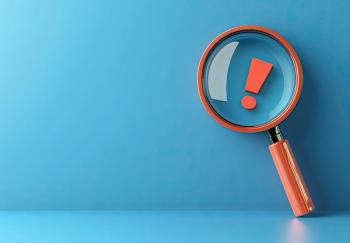
FDA reviewers raise concerns over Rexulti's efficacy for PTSD, highlighting discordant study results ahead of the advisory committee meeting.
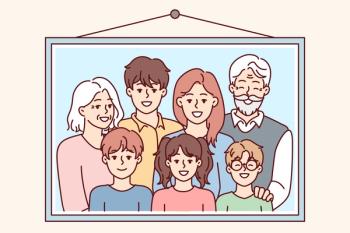
Explore the profound impact of grandparent-grandchild relationships on well-being, connection, and legacy in this insightful reflection.
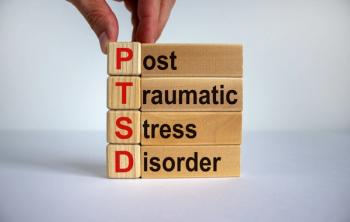
The FDA advisory committee will review brexpiprazole for PTSD treatment, which could offer new hope after years without new options.

The FDA has updated ADHD stimulant labels, highlighting weight loss risks in children under 6. Stephen Mateka, DO, shares his updated treatment strategies.

"He slaps a chest film on the light box and hooks a bleary intern: Tell me, doctor, what is the shape of this child’s ears?"
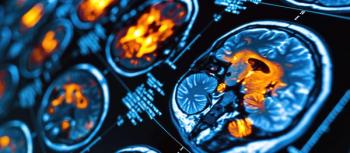
A groundbreaking study reveals that reduced cortical thickness in the parahippocampus may indicate major depressive disorder and neuroticism traits.

Borderline personality disorder represents 10% to 25% of the patients who would be considered to have borderline personality organization. Explore the complexities of its stigma and effective treatment strategies.
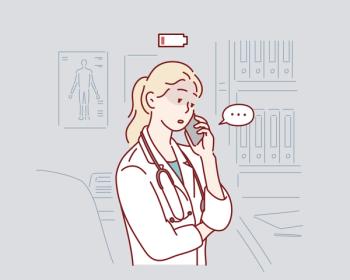
Psychiatrists face rising challenges amid social crises, but these can be combatted through emotional awareness, resilience, and hope.

Marc Potenza, PhD, MD, explores the impact of online social activity on ADHD symptoms in adolescents, revealing significant gender differences in brain development and attention.
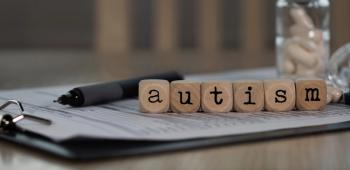
Yale's groundbreaking research aims to revolutionize autism treatment through advanced brain modeling and noninvasive communication methods, enhancing patient outcomes.
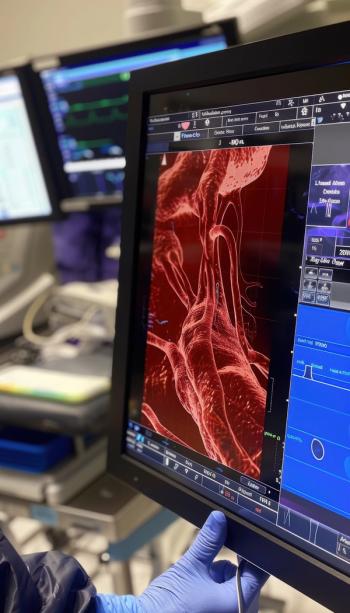
Discover innovative strategies for early diagnosis and treatment of bipolar disorder, addressing challenges and exploring promising new therapies.

A psychiatrist reflects on the recent flooding tragedy in Texas.

Jesse H. Wright, MD, PhD reflects on his groundbreaking contributions to cognitive behavior therapy and the evolution of psychiatric education over 5 decades.

Mental health professionals face disaster fatigue amid ongoing crises, struggling with emotional exhaustion and compassion fatigue while seeking effective solutions.

Discover groundbreaking schizophrenia treatment with xanomeline-trospium, targeting cholinergic pathways for improved symptoms and fewer side effects.

Yvette Elpidio, PMHNP-BC, shares insights on NMDA agonists at the Southern California Psychiatry conference.
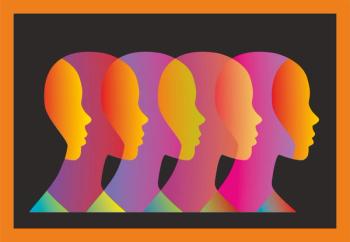
Discover promising new treatments for schizophrenia, including NBI-1117568 and CPL’36, showcasing significant symptom improvements and safety profiles.

The new movie "Superman: Legacy" addresses modern social challenges and potential mental health themes.
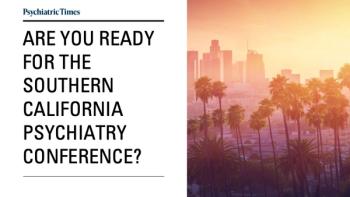
Brush up on your reading before you attend the Southern California Psychiatry Conference!
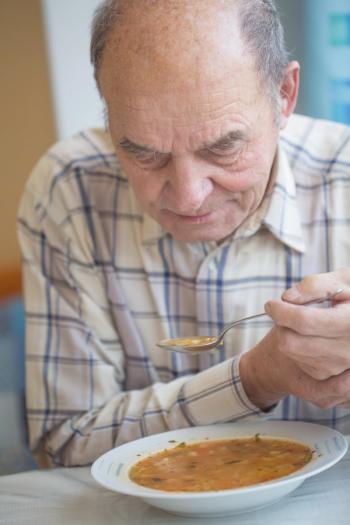
Fava beans emerge as a powerful natural source of L-DOPA, offering potential benefits for mood disorders and Parkinson's disease and holding enriching culinary traditions.